Humans
Sign up for our newsletter
We summarize the week's scientific breakthroughs every Thursday.
-
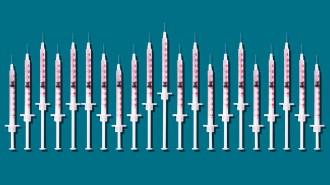 Health & Medicine
Health & MedicineIn animal tests, this needle-free insulin acted as fast as injections
Managing diabetes with injections is challenging. Joining insulin to a skin-penetrating polymer was as effective as shots at regulating blood sugar.
By Simon Makin -
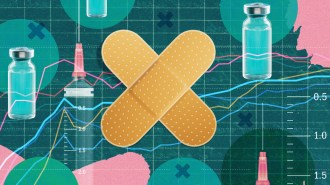 Health & Medicine
Health & MedicineEroding access to childhood vaccines jeopardizes health for all
Recent U.S. decisions about vaccines signal bigger changes to come that could threaten the foundation of the national childhood immunization schedule.
-
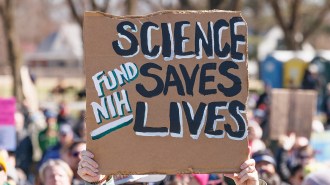 Science & Society
Science & SocietySee the alarming extent of NIH and NSF funding cuts in 2025
In 2025, the Trump administration froze or ended about 5,300 NIH and NSF research grants totaling over $5 billion in unspent funds, a decision that reshaped many fields of science.
-
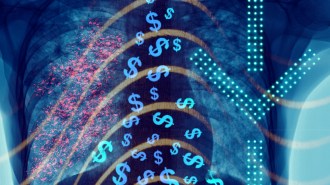 Science & Society
Science & SocietyFunding chaos may unravel decades of biomedical research
Battles between the Trump administration and academic institutions are putting important biomedical advances in limbo.
-
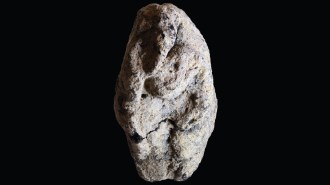 Archaeology
ArchaeologyA clay figurine unveils a storytelling shift from 12,000 years ago
A carefully crafted figure of a goose and a woman suggests that art reflecting spiritual beliefs entered a new phase among early villagers in the Middle East.
By Bruce Bower -
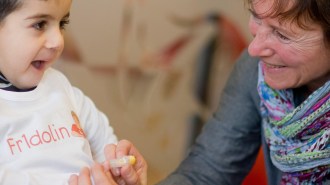 Health & Medicine
Health & MedicineA new cholesterol-lowering pill shows promise in clinical trials
The drug enlicitide reduced cholesterol for adults with high levels due to an inherited disorder and may also work for a broader population.
-
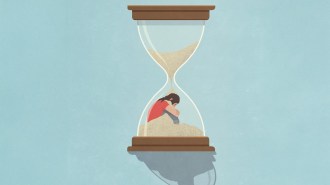 Science & Society
Science & SocietyWhy do we feel starved for time? New research offers answers
Interruptions, to-do lists, lack of autonomy — “time poverty” depends more on perceived shortages of time than actual ones, recent research suggests.
By Sujata Gupta - Animals
This fly’s flesh-eating maggot is making a comeback. Here’s what to know
After a decades-long hiatus, new world screwworm populations have surged in Central America and Mexico — and are inching northward.
By Carly Kay -
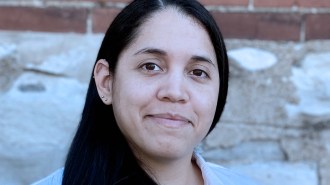 Neuroscience
NeuroscienceTo decode future anxiety and depression, begin with a child’s brain
A child-friendly brain imaging technique is just one way neuroscientist Cat Camacho investigates how children learn to process emotions.
-
 Archaeology
ArchaeologyPeru’s Serpent Mountain sheds its mysterious past
No, aliens had nothing to do with a winding 1.5-kilometer-long path of holes. First used as a market, the Inca then repurposed it for tax collection.
By Bruce Bower -
 Artificial Intelligence
Artificial IntelligenceAs teens in crisis turn to AI chatbots, simulated chats highlight risks
From blaming the victim to replying "I have no interest in your life" to suicidal thoughts, AI chatbots can respond unethically when used for therapy.
-
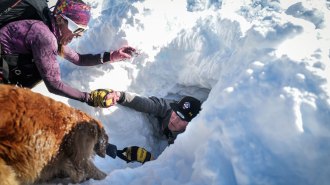 Health & Medicine
Health & MedicineVolunteers agreed to be buried face-down in the snow, for science
A safety device helped maintain a buried person’s oxygen levels for up to 35 minutes, tests show, buying crucial time for an avalanche rescue.